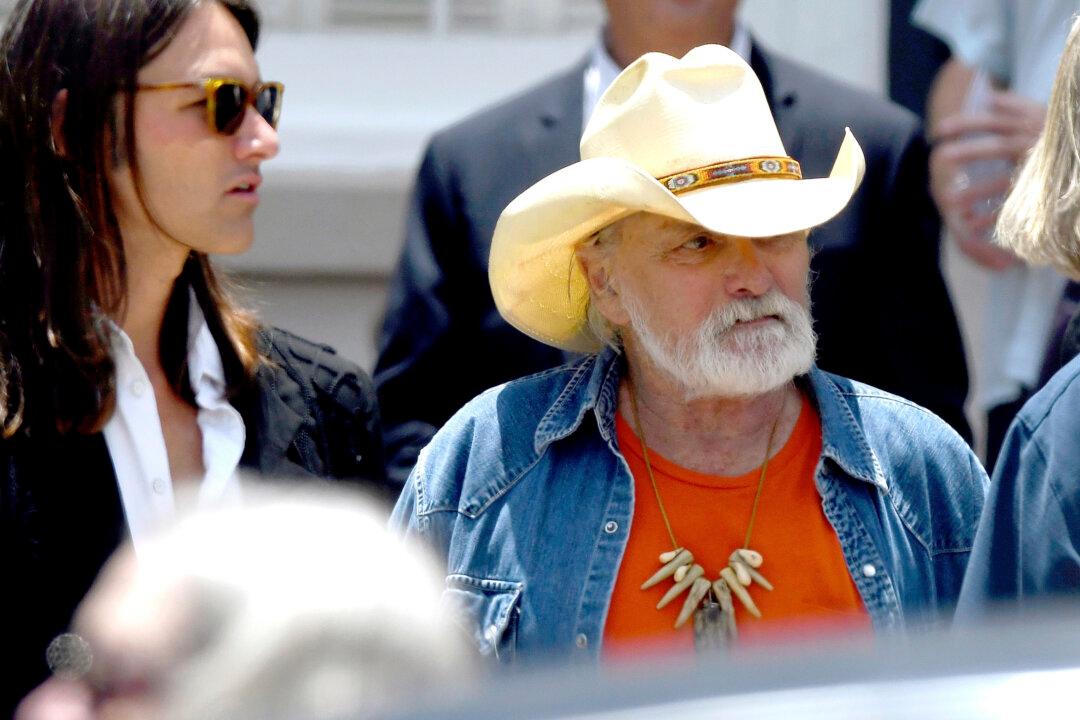Legendary guitarist and Allman Brothers Band co-founder Dickey Betts died.
The 80-year-old Rock & Roll Hall of Famer died at his home in Osprey, Florida, David Spero, Mr. Bett’s manager of 20 years, confirmed on Thursday.

Legendary guitarist and Allman Brothers Band co-founder Dickey Betts died.
The 80-year-old Rock & Roll Hall of Famer died at his home in Osprey, Florida, David Spero, Mr. Bett’s manager of 20 years, confirmed on Thursday.